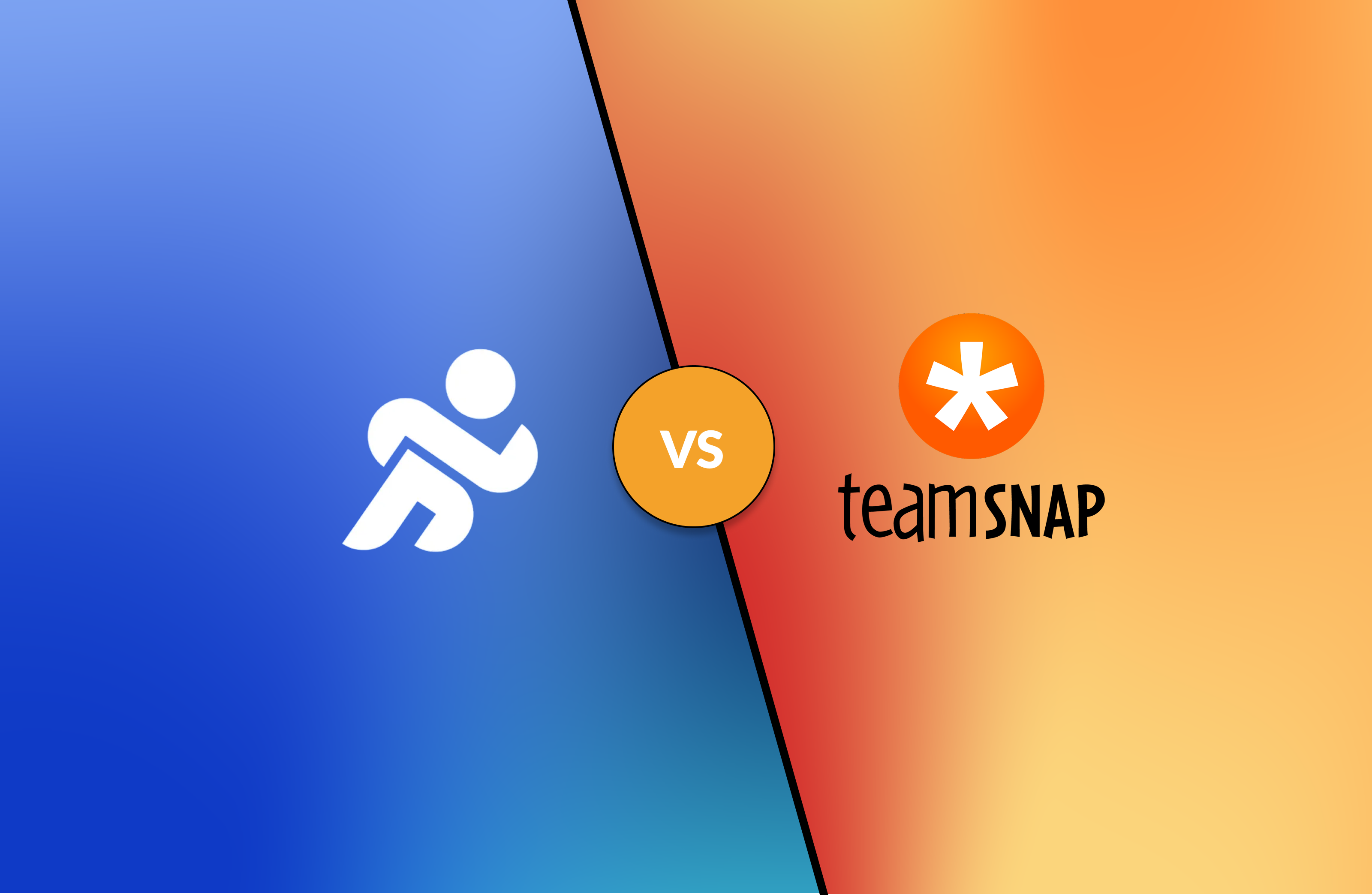6 benefits of physical activity on your child’s mental health

Are you concerned about your child’s mental health? Are you wondering what you can do to help your child feel at ease in everyday life? If you didn’t already know, regular physical activity can be very beneficial for mental health. So it’s a great idea to encourage your child to take up sport, so that he or she can enjoy a better quality of life.
Benefits of physical activity
Improves mood
Physical activity can improve mood, as it has a direct effect on the brain. Brain neurotransmitters, which are chemicals that transmit messages from one neuron to another, can be affected by exercise. Physical activity can therefore help your child feel happier in general. What’s more, the endorphins, also known as happy hormones, released after exercise can help reduce stress and anxiety, and thus lower the risk of depression.
Reduces stress
If your child is feeling stressed or anxious, exercise can help reduce stress levels. In fact, sport has been shown to reduce levels of stress hormones such as cortisol and adrenalin. This means your child will feel more relaxed after an exercise session. What’s more, physical activity also increases the production of feel-good hormones such as oxytocin and serotonin. These are important, as they are associated with feelings of happiness, calm and relaxation. Feeling better will certainly help your child sleep better.
Improves memory and concentration
Another benefit of physical activity is that it can improve memory and concentration. It seems that young people who are in good physical condition show better concentration than children who are less fit. So, if your child takes part in a sporting activity, he or she may find it easier to concentrate at school. And, of course, this could have a positive impact on their school results.
Helps you sleep better
It’s no surprise that good sleep is essential for physical, mental and emotional health. But did you know that it can also improve your mental health? That’s why physical activity is one of the best ways to improve the quality of your child’s sleep. Your child doesn’t need to be an athlete; he or she simply needs to exercise regularly. Your child may not be a sports fan. But don’t be discouraged, there are plenty of ways to get your child moving and have fun at the same time.
Increases self-esteem
Exercise can also help improve your self-esteem, which is important for mental health. Physical activity can not only improve your child’s self-image, but also make them feel better about themselves. These are elements that have a strong impact on self-esteem.
Improves interpersonal relations
If your child feels lonely or can’t make friends, group physical activities can give him or her a sense of belonging, and thus break the feeling of isolation. Indeed, sharing a common interest with your peers is a great way to bond.
Over time, sharing experiences with others, making connections and working towards common goals can help your child become more comfortable with interpersonal relationships. This can also foster the development of friendships at school, if the activities take place in a school setting.
According to the Government of Canada’s recommendations on physical activity levels for young people aged 12 to 17, the ideal level of physical activity is at least 1 hour of moderate-to-high-intensity exercise every day.
However your child chooses to exercise, whether it’s walking outside, playing a team sport or working out, the key is simply to get moving every day. If you’re not sure how to convince your child to take up a sport, here are a few tips to help you approach sports activities with your child.
Karl Demers



